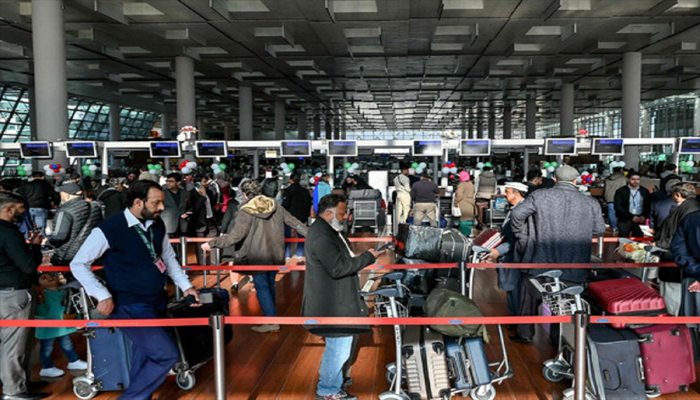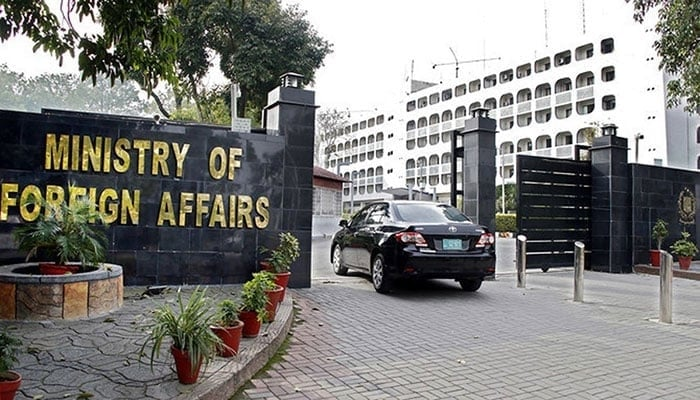Pakistan is on the brink of experiencing one of the hottest April temperatures ever recorded on Earth, as forecasts warn that parts of the country may hit a blistering 50°C (122°F) this week. Meteorologists and climate experts are sounding the alarm, linking the searing heat directly to the intensifying global climate crisis.
According to a Washington Post report, temperatures in southern and central Pakistan soared to 47.7°C (118°F) over the weekend, with forecasters warning of even higher readings through Wednesday. If the mercury pushes past 50°C, it could rival or surpass the all-time April heat record set in 2018 in Nawabshah — a city now once again in the eye of this dangerous heatwave.
The Pakistan Meteorological Department (PMD) has issued heatwave warnings for wide swathes of the country, urging the public to take urgent precautions as conditions become life-threatening. The warning, in effect from April 26 to April 30, covers parts of Sindh, Punjab, and Balochistan, where temperatures are expected to peak between Tuesday and Thursday.
“This is not just a local weather anomaly — it is part of a much larger and more alarming pattern,” said a PMD official. The current heatwave is being fueled by a massive dome of high pressure stretching from the Middle East to South Asia. Experts liken this phenomenon to a "lid trapping heat in a pot," intensifying surface temperatures and choking off atmospheric ventilation.
Over 20 countries across the region are experiencing similar extreme heat, a clear indication of worsening global warming trends. Climate scientist Maximiliano Herrera, known for tracking global weather extremes, said the Nawabshah temperature record from 2018 — which still stands as Asia’s highest for April — could be in serious danger this week.
International climate models, including those from the European Centre for Medium-Range Weather Forecasts (ECMWF), are now predicting temperatures as high as 48–50°C in central Pakistan on Wednesday and Thursday.
While an even higher 124°F (51.1°C) was once reported in Santa Rosa, Mexico in 2001, that reading is widely disputed among experts due to questionable measurement standards. In contrast, Pakistan’s heat records are well-documented and considered among the most reliable in Asia.
Experts warn that such intense heat carries not only immediate health risks — including heatstroke, dehydration, and respiratory distress — but also longer-term consequences for agriculture, water supply, and energy systems.
Citizens are being urged to avoid unnecessary exposure to the sun, stay hydrated, and limit outdoor activities, especially during peak afternoon hours.
As the planet continues to warm, extreme weather events like this are becoming more frequent and intense, raising urgent questions about climate resilience and adaptation in vulnerable regions like South Asia









